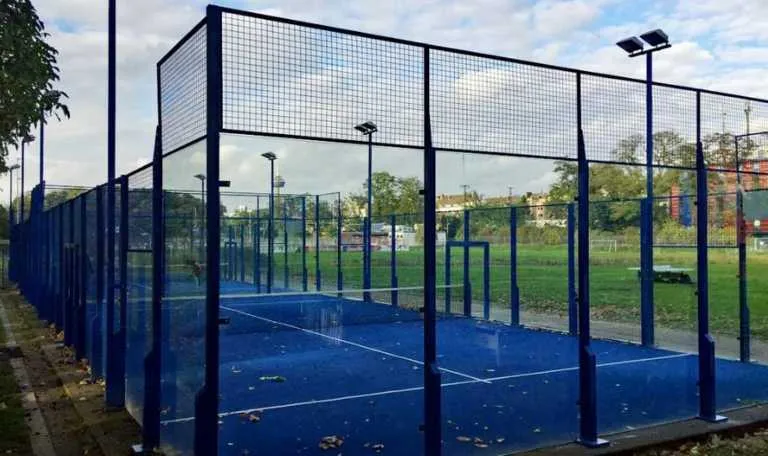

Building a Padel Court Key Considerations for Manufacturers
Padel, a rapidly growing sport worldwide, has gained popularity due to its exciting blend of tennis and squash. As the demand for padel courts increases, manufacturers are presented with unique opportunities and challenges in building high-quality facilities. This article outlines essential aspects manufacturers should consider in creating padel courts.
Material Selection
The foundation of a successful padel court starts with the right materials. Providers typically use a combination of glass, steel, and synthetic turf. The glass walls are crucial for the gameplay experience, offering visibility while ensuring durability. Safety is also a priority, as tempered glass can withstand impacts and adverse weather conditions. Manufacturers must source high-quality materials that meet safety standards and can endure heavy use.
Court Dimensions and Design
Padel courts have specific dimensions they measure 20 meters long and 10 meters wide, enclosed by walls made of glass or solid materials. Manufacturers should adhere to the regulations set by the International Padel Federation (FIP) while also considering design flexibility for custom projects. Designing courts with proper drainage and lighting to enhance visibility during play is also essential.
Construction Techniques
The construction process involves several stages, including excavation, leveling, installing the foundation, and constructing the walls and flooring. Manufacturers should utilize advanced construction techniques that ensure stability and longevity. It is vital to incorporate systems that allow for proper water drainage to prevent flooding and surface damage.

Maintenance Support
A well-constructed court requires ongoing maintenance support. Manufacturers should offer guidance on care protocols for surfaces, equipment, and facilities, ensuring longevity and optimal playing conditions. Consider providing packages that include regular inspections and maintenance services to keep the courts in excellent shape.
Community Engagement and Facilities
Creating a successful padel court also involves engaging the local community. Manufacturers can support this by proposing designs that incorporate spectator areas, lounge spaces, and amenities like restrooms and refreshment kiosks. This approach not only enhances the player experience but fosters a community spirit around the sport.
Customization Options
Lastly, manufacturers should offer customization options that allow clients to express their brand identity. From varying color schemes to personalized logos, these enhancements can significantly impact customer satisfaction and court appeal.
In conclusion, building a padel court is an intricate process that involves careful consideration of materials, design, construction techniques, and community engagement. For manufacturers aiming to enter or expand in this burgeoning market, understanding these elements is crucial for creating exceptional padel facilities that enhance the sport's appeal and accessibility.
High-Performance Industrial Flooring Solutions China Paddle Tennis Court for Sale
High-Performance Industrial Flooring Solutions Durable & Cost-Effective
Homogeneous Transparent Floor – Durable & Stylish Rubber Floor Solutions
Premium Homogeneous Transparent Floor for Durable & Stylish Spaces Rubber Floor Solutions
Premium Sports Floor Solutions Durable PVC Sports Floor & Rubber Floor for Gyms
Durable Rubber Composite Floor Premium Rubber Floor & Mats Solutions